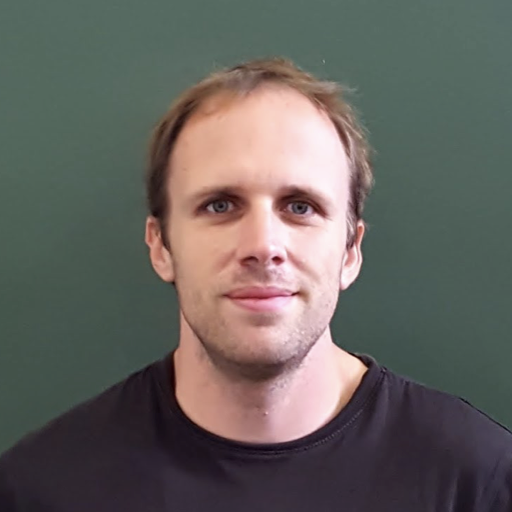
Sergio Bordel Velasco
| AREA | RESEARCH GROUP | INSTITUTE |
|---|---|---|
| Environmental Technology | Algae and Gases Group | Institute for Sustainable Processes |
I studied Chemical Engineering at the University of Valladolid and at the Ecole Nationale de Chimie de Paris (ENSCP). I then completed a doctoral thesis at the Department of Chemical Engineering of the University of Valladolid on the biodegradation of aromatic compounds (toluene, benzene, catechol...) using the bacterium Pseudomonas putida F1. The thesis focused on kinetic modelling of biodegradation processes, identification of metabolic intermediates and reactor design. After finishing the thesis, I spent a short postdoctoral stay at the Universidad Autónoma Metropolitana (UAM) in Mexico City, where I worked with Prof. Sergio Revah on methane degradation using methanotrophic organisms. I then joined Jens Nielsen's group at Chalmers University (Göteborg, Sweden) as a postdoc. There I started working in a new field of research, which consisted in the construction and use of so-called Metabolic Models at Genetic Scale (MMEGs), these models incorporate all the enzymatic reactions that take place in a cell (a microorganism of industrial interest, for example) and allow predicting the effects of the introduction of new genes or the deletion of native genes.
I stayed at Chalmers University for a total of 6 years, 2 years as a postdoc and 4 years as an assistant professor. During this period my research focused on exploiting the applications of the aforementioned MMEGs. Of particular note were several papers in which these models were used to find therapeutic targets for different types of cancer.
After my period in Sweden, I worked for 2 years in a private company (ThermoFisher Scientific, Vilnius) as a bioinformatician. In parallel I participated in some projects focused on applying MMEGs to cancer at the Lithuanian University of Health Sciences.
In September 2017 I returned to the University of Valladolid thanks to a Marie Curie IF project, in which I developed MMEGs from different methanotrophic bacteria. In the framework of this project, I spent time in the laboratory of Professor Colin Murrell (University of East Anglia).
Since my return to the University of Valladolid I have focused on the development of Metabolic Models at Genomic Scale (MMEGs) of organisms of interest for industrial and environmental applications. Methane is a greenhouse gas with a much higher global warming capacity than carbon dioxide. On the other hand, many of its emissions are in dilute concentrations, which makes it impossible to use it as an energy source. Therefore, methanotrophic bacteria represent an interesting alternative to not only eliminate methane, but also to transform it into high added value products such as polyhydroxybutyrate, which is accumulated by type II methanotrophs of the genus Methylocystis, or ectoin, produced by halotolerant methanotrophs such as Methylomicrobium alcaliphilum.
Over the last few years, we have published most of the MMEGs of methanotrophs currently in existence (and were the first to develop models of type II methanotrophs).
To make the use of gaseous substrates economically viable, it is necessary to improve the efficiency of gas-liquid matter transfer by developing and optimising new reactor models.
In addition to methane degradation and valorisation, we are working on the biodegradation and valorisation of polyesters using genetically modified organisms, in the framework of a project funded by the multinational Nestlé.
We are also developing MMEGs from other organisms of environmental interest, such as the denitrifying Paracoccus denitrificans or the chitinous degrading Bacillus pumilus.
My vision is that the integration of genetic and metabolic data in the modelling and design of industrial processes has great potential for the development of sustainable processes that allow the valorisation of waste and enable the existence of a circular economy.

